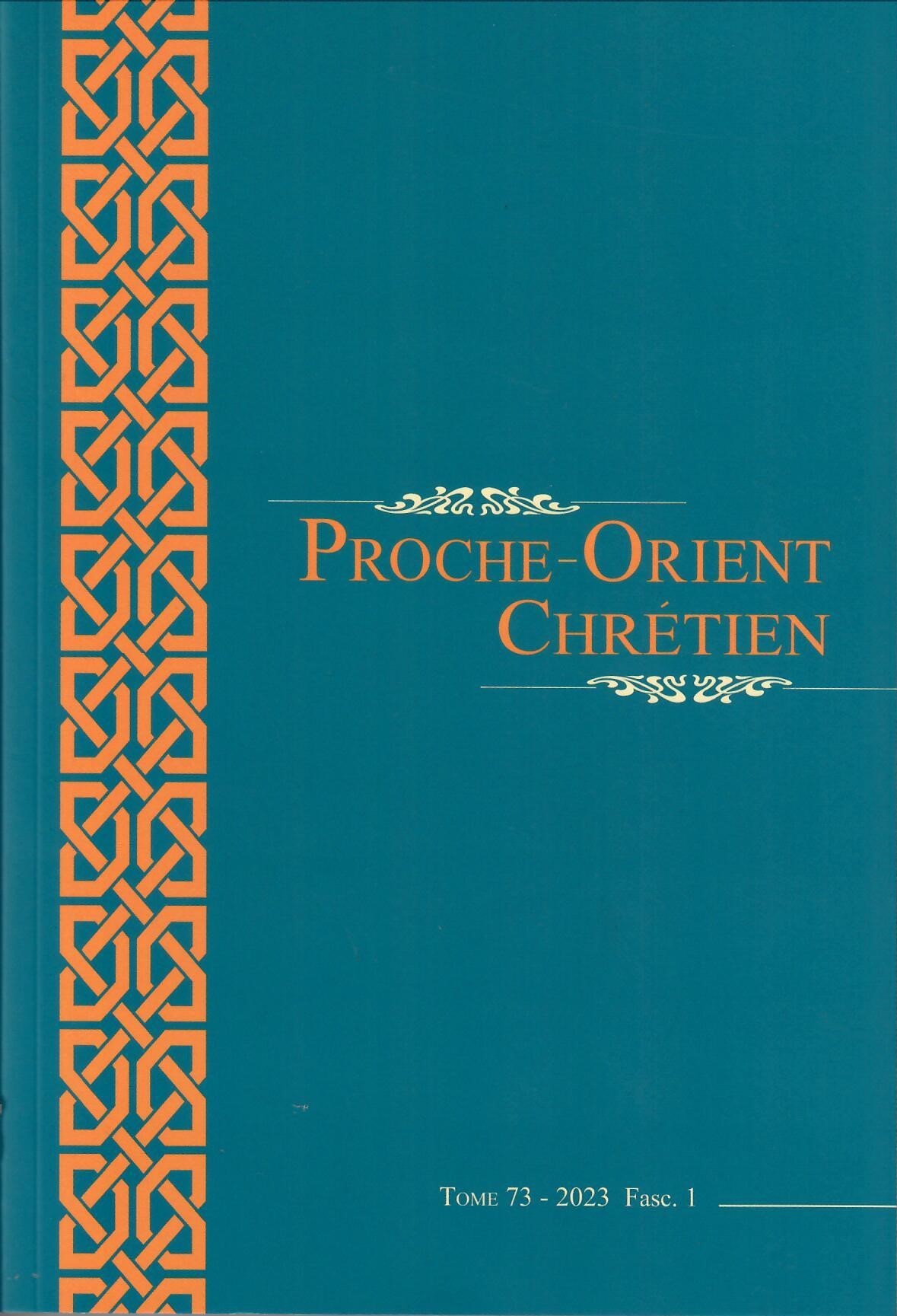Abstract
Christians in Jerusalem, divided among 13 recognized denominational communities, are facing a challenging task of preserving their presence in an increasingly hostile environment dominated by both Jewish and Muslim influences. Navigating through this complex ecumenical situation is not always easy. They struggle with the precariousness of their legal status, the inability to marry Christians from the West Bank, and the looming threat of poverty, which prompts some to contemplate emigration. Despite these challenges, Christian schools and the social and healthcare services provided by the churches offer crucial support to the community. In Israel, Palestinian Christian communities find themselves in close proximity to, and at times in competition with, Christians who are fully immersed in the Jewish milieu. On one hand, there are Eastern European Orthodox Christians, and on the other hand, there are migrant workers and refugees. In contrast to Christians in Jerusalem, Arab Christians in Israel generally feel relatively well integrated into the predominantly Jewish state, although they still experience certain inequalities and face mounting tensions in mixed cities. However, Christians in Palestine view the State of Israel as an « occupier » and actively participate in the struggle for their national aspirations, while also remaining aware of the increasing influence of Islamist ideas. Committed to their responsibility of safeguarding holy sites, welcoming pilgrims, providing pastoral and social services to local communities, preserving their Christian identity, and defending human rights, the Churches of the Holy Land find themselves increasingly tasked with managing the diverse expectations of their faithful. Thus, the Churches serve as a unique testing ground for peace, where differing viewpoints must be carefully balanced and reconciled.

